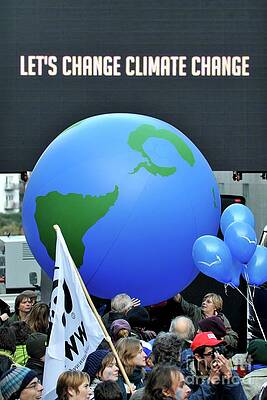Evolving concept
Global governance can be understood as a framework of institutions, rules, norms, and procedures that facilitate collective action and co-operation among countries and other actors.
It encompasses a wide range of issues, including economic development, trade, human rights, environmental protection, and peace and security. The objective is to address global challenges that transcend national borders and require collective solutions.
The concept of global governance is constantly evolving, as new challenges emerge and new actors become involved in the global system.
Examples of global governance
- The United Nations (UN) system: Comprises a range of specialised agencies, programmes, and funds that work on issues such as health, education, climate change, and peace and security.
- The World Trade Organisation (WTO): Sets rules for international trade and resolves disputes between member countries.
- The International Monetary Fund (IMF): Provides financial assistance to countries facing economic crises and promotes international monetary co-operation.
- The Paris Agreement on climate change: Establishes a framework for countries to work together to reduce greenhouse gas emissions and mitigate the impacts of climate change.
- The Universal Declaration of Human Rights: Sets out fundamental human rights that are recognised and protected by countries around the world.
source: https://globalchallenges.org/global-governance/what-is-global-governance/



